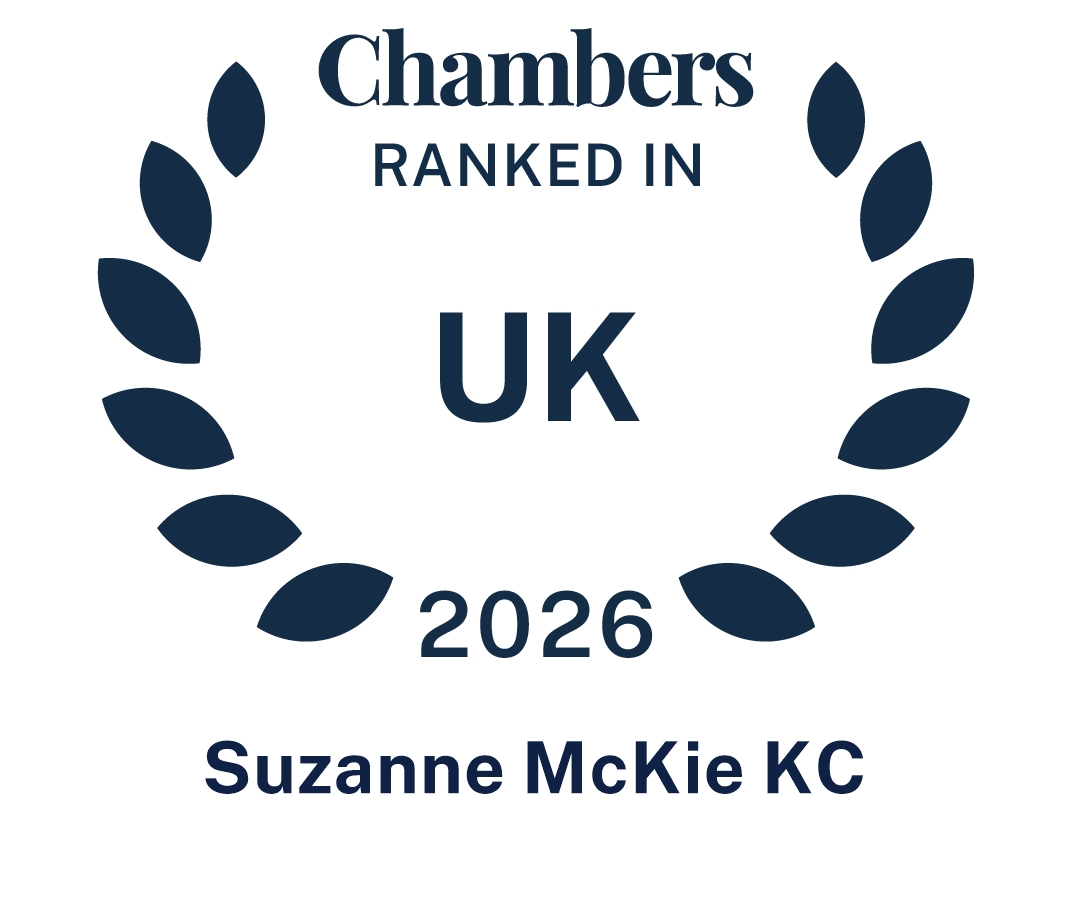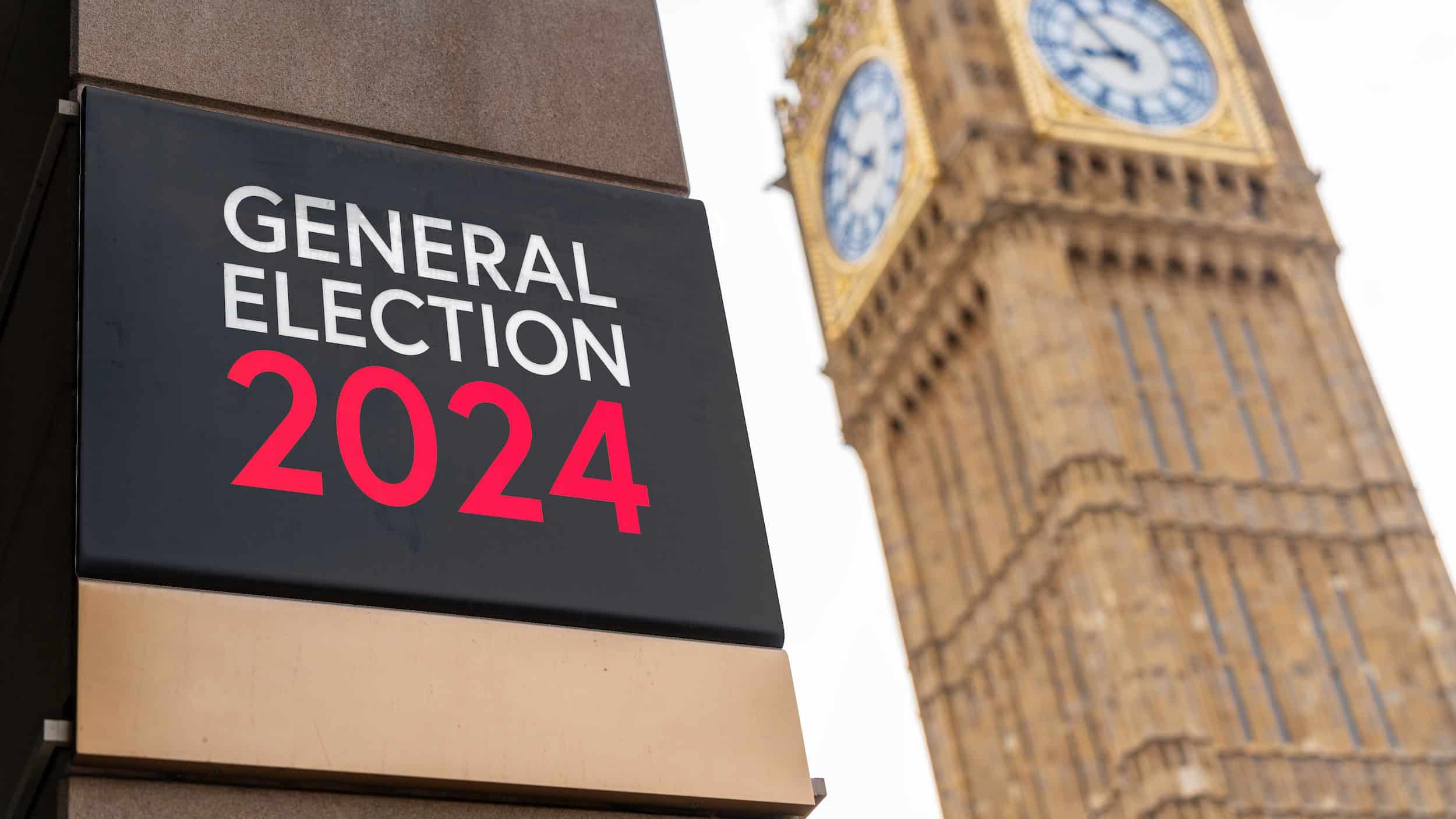
24 June 2024
|Whistleblowing
Am I a whistleblower?
You may think that you have blown the whistle at work about some form of wrongdoing and, if you have, you are afforded certain protections in law. However, the law tightly defines what whistleblowing is and you need to be able to satisfy the test. This note sets out what you need to be able to show and how you should proceed.
The starting point is that you need to be able to demonstrate you made a “qualifying and protected” disclosure. In order to be a “qualifying disclosure” there has to be a disclosure of information rather than an allegation.
In addition, when you make the disclosure you must have: (1) a reasonable belief; that (2) the (relevant type of) wrongdoing took place; and (3) that your disclosure is made in the public interest.
A reasonable belief is a subjective test, you have to believe that the wrongdoing has occurred or is likely to occur, and it doesn’t matter if that belief turns out to be wrong but there has to have been more than unsubstantiated rumours – the whistleblower must exercise some judgement on their own part consistent with the evidence.
The relevant type of wrongdoing refers to six specific types of malpractice, wrongdoing or failure. The categories overlap to a certain extent but taken as whole they are very wide, they cover:
- Criminal offences – this one is relatively easy to identify and covers fraud, theft, insider dealing, sexual harassment
- Breach of any legal obligation
- Miscarriages of justice
- Danger to health and safety of any individual
- Damage to the environment
- The deliberate concealment of information about any of the above
The wrongdoing can be in the past, present or future and it can concern the conduct of the employer, a member of the workforce or some third party.
The public interest requirement means that the disclosure cannot be a concern about something which only affects you personally so for example, a concern about a breach of your own contract of employment will generally not be in the public interest unless it affects other people’s contracts, for example – unfair working conditions applicable to the entire workforce.
To be a protected AND qualifying disclosure you must also make the disclosure to a specific category of person(s). Those persons are:
- Your employer (or a third party authorised by your employer’s whistleblowing procedure)
- The person responsible for the relevant failure
- Legal advisers
- Government Ministers
- A prescribed person
- Wider persons (but only in exceptional circumstances and where the disclosure is reasonable in all the circumstances).
I think I want to blow the whistle
Now, let’s assume that you have a concern about something at work but you haven’t done anything yet and are wondering what your next steps should be. You may be worried about any repercussions for speaking out and naturally, you will want to make sure that you protect yourself as best you can.
Your starting point should be to ask yourself whether the basis for your concern is something which should be raised as a whistleblowing complaint rather than a standard grievance. Remember the test above and in particular the public interest element.
If you make a protected disclosure, you are afforded protection in law. In particular, you must not be subjected to any detriment by your employer, a colleague or any other person acting with your employer’s authority. The law is there to prevent victimisation of whistleblowers so that they are not scared from coming forward with any genuine concerns about what is happening in the workplace.
Top Tips
If you decide that you do have a whistleblowing complaint, you need to think about how you will make the disclosure. You may wish to raise it informally first but either way you should put it in writing, by email or otherwise. You will have a paper trial which is very valuable should things not progress well. Of course, you may be worried that putting it in writing makes you even more vulnerable, but this shouldn’t stop you from doing so.
Take care not to unwittingly cross over the line if you are looking to gather evidence to back up your concerns, you don’t want to lay yourself open to an allegation of misconduct, for example,by sending confidential information outside of the organisation. You won’t be afforded protection for doing this as obtaining evidence is not the same as making a disclosure.
Think about who you should make the disclosure to – check what the whistleblowing policy says. In the absence of a specific process, you will be best protected by making the disclosure to your Line Manager, HR, the Managing Director, the CEO or someone similar. You may also wish to take legal advice before making the disclosure.
You will need to consider whether you want the disclosure to be kept confidential – this may not be possible, but you can ask if your identity can be kept a secret, at least initially.
Consider whether you have a professional obligation to report any wrongdoing to a professional body or regulator including the FCA or PRA if you work in the financial services sector.
Once you have taken the first step and made the disclosure, keep a record of events following your disclosure – we recommend a chronology completed as and when events happen.
Farore Law is a leading boutique law firm that has a wealth of experience in advising senior executives who have or who are considering whistleblowing. We are well placed to provide appropriate advice regarding protected and qualifying disclosures, reports to regulators and on detriments suffered as a result of whistleblowing. Our lawyers frequently advise senior executives and recognise the importance of anonymity and reputation management.
Please contact us if you require legal advice regarding whistleblowing.









